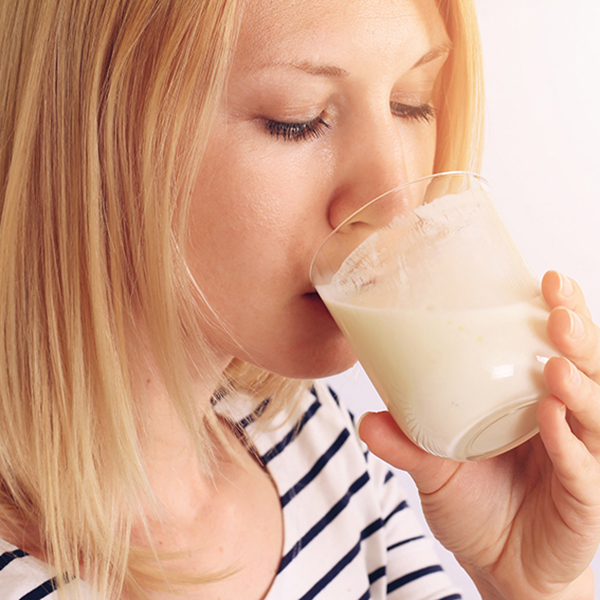“Significant” promise for potato and rice protein shakes for blood glucose control, flag researchers

25 Jun 2021 --- Shakes containing potato and rice protein are better than whey protein at managing blood glucose levels and reducing spikes in insulin. This is according to a UK study from the Centre for Nutraceuticals at the University of Westminster, which also found that potato and rice proteins can be just as effective at managing appetite.
“Much like whey protein, there is significant potential for these alternate protein sources to be commercially developed for use in consumer products. Research will need to be undertaken to see if alternate forms of delivery, like bars and yogurts, yield similar results with potato and rice,” study co-author Sanjoy Deb tells NutritionInsight.

The center works closely with industry partners to take findings from the lab to benefitting the public, he continues. The study monitored nine participants for three hours after consuming potato, rice or whey protein shakes.
The study monitored nine participants for three hours after consuming potato, rice or whey protein shakes.
Feeling full?
The study, now published in Nutrients, revealed that vegan protein shakes led to a lower rise in blood insulin compared to whey, while potato protein prevented any rise in insulin.
This may explain the better blood glucose control following consumption of the plant-based protein. The researchers say it also poses the question of whether vegan protein shakes are more suitable for individuals who need to need control their blood glucose levels such as diabetic and obese individuals.
After participants drank the whey protein shake, they released more of the key appetite regulating hormone GLP-1. However, the greater GLP-1 response did not translate to an increased feeling of fullness as there were no differences observed in appetite perception between the three different protein shakes.
Demand for alternatives
Whey is currently extensively used in consumer products such as protein shakes and fortified food and beverage products. However, alternative protein products based on soy, rice, wheat and pea are also gaining pace.
Additionally, potato protein is a novel plant-based product that is obtained from the waste material from potato starch production. The researchers describe it as a “sustainable economic” protein source.
“Global concerns on sustainability have led to consumer shifts toward ethical eating and a change in dietary habits with increased adoption of vegetarian and vegan diets,” says Mohammed Zariwala, corresponding author and director of the Centre for Nutraceuticals.
However, he notes that research in this area is still lacking. “It would be interesting to clarify whether proteins from plant sources can provide identical metabolic health benefits as those with traditional sources such as milk.” The researchers plan to conduct follow-up studies in this space.
The researchers plan to conduct follow-up studies in this space.
Differing protein qualities
The researchers point out that there is still a relative lack of evidence on their health benefits in comparison to milk proteins.
“A globally validated protein scale has shown that the quality of protein (in relation to amino acid composition) in potatoes is comparable to a whey protein. Rice protein quality does come out lower than whey,” adds Deb.
He also emphasizes that all three protein isolates have differing amino acid profiles, which may contribute to the differing effects of these proteins. For example, whey and rice have a significantly increased proportion of glutamine than potato. As a GLP-1 stimulator, this may explain the differences in appetite and blood markers elicited in the study.
“For a healthy balanced diet, it is important for individuals to consume food sources of varied proteins so that they receive the full complement of amino acids,” Deb concludes.
By Katherine Durrell













